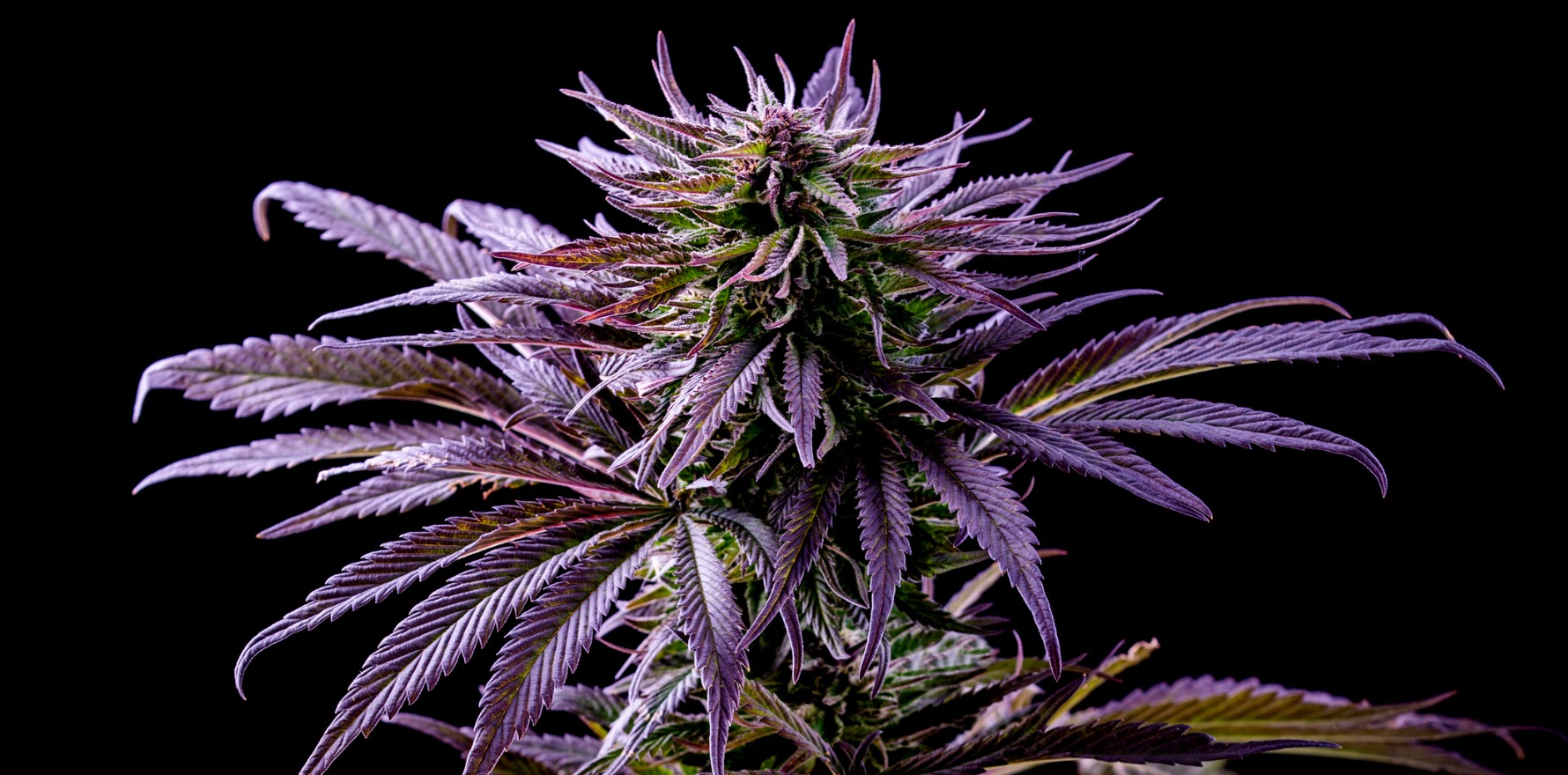But the current systen could do with a revamp, including decriminalising personal use and increasing the age of criminal responsibility.
The AMA has opposed the Legalising Cannabis Bill 2023, amid concerns that legalising recreational use may put undue pressure on an already stretched healthcare sector.
The bill, which closed to submissions on 3 November, would legalise recreational cannabis use for adults across Australia.
In its submission, the AMA said it felt that the evidence supporting the benefits and opposing the costs of legalising recreational cannabis were insufficient.
“Since legalisation in Canada, cannabis use rates in youth have increased, along with increases in emergency department presentations and cannabis use disorder diagnoses,” the report says.
“Research in Canada and other countries have mixed findings on the impacts of cannabis legalisation, highlighting the need for better research and data collection in this space.”
AMA president Professor Steve Robson warned that legalising the drug may send the “wrong signal” to Australians that cannabis was not harmful.
“We know there are already many Australians suffering detrimental health outcomes caused by recreational cannabis use,” he said.
“We see poor mental health outcomes from cannabis use including anxiety, panic attacks, paranoia, memory loss and an increased incidence of schizophrenia.
“Cannabis use can lead to physical ill-health such as bronchitis or cancer, cardiovascular system damage, and impaired reaction time and brain function.”
However, while the AMA doesn’t support legalisation of recreational cannabis, it acknowledged that the current regulatory system could be improved.
Its submission suggested that personal cannabis use should be met with civil penalties, such as court orders for education and counselling, especially for young first-time offenders, or “drug courts” which encourage treatment rather than judicial punishment.
“When cannabis users come into contact with the police or courts, the opportunity should be taken to divert those users to preventive, educational and therapeutic options that they would not otherwise access,” the AMA submission says.
Rather than waiving licencing fees for Indigenous Australians, as outlined in the bill, which the group felt could increase cannabis use and create complexity, the AMA suggested that decriminalising personal use and raising the age of criminal responsibility to 14 would help reduce disproportionate incarceration rates among Aboriginal and Torres Strait Islander communities.
?The AMA does not support the bill’s proposal of cannabis cafes as it feels this would normalise cannabis use and reintroduce smoking in public venues.
It also raised concerns over the lack of restrictions on the location of retail stores in the bill, as this “may increase the risk of retailers targeting vulnerable groups for profit”.
“There are reports of stores opening to deliberately sell vapes close to schools, further increasing accessibility of vapes to children and young people,” it said.
“We cannot make the same mistake with cannabis products.”
The proposition of the bill to allow six plants to be grown per household “may normalise frequent cannabis use” and increase accessibility to young people, the submission adds.
“This quantity is more than is currently permitted in other jurisdictions. For example, the Australian Capital Territory only permits two plants per household, while Canada permits four.”
The AMA also supports the TGA’s continued role in regulating medicinal use of cannabis, amid concerns that the population may self-medicate without consultation with their GP or quality controls.
“The evidence base for the use of medicinal cannabis products is limited. For most conditions, there will be more evidence-based treatments available through a doctor or allied health professional that patients should explore before self-medicating on cannabis products,” said Professor Robson.
The report for the bill is due to be published on 31 May next year.





